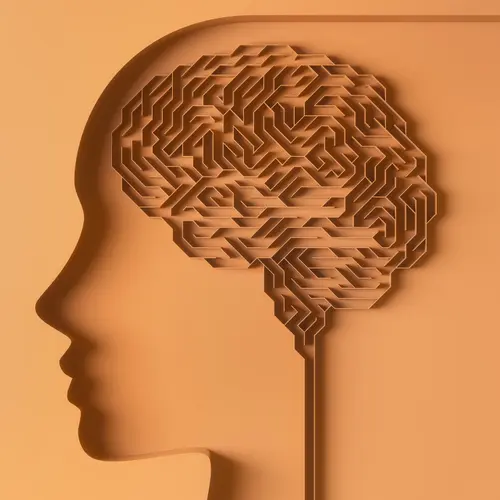Schizophrenia is a type of psychosis, which means you can't always tell the difference between what is real and what is a thought inside your head. It sometimes runs in families, and experts say part of the reason may lie with your genes.
What Schizophrenia Feels Like
When you have schizophrenia, you may get hallucinations -- periods when you see or hear things that don't exist outside your mind. You may also have delusions, which are beliefs that aren't based in reality.
Other symptoms you might have are:
- Muddled thoughts based on hallucinations or delusions
- Problems speaking clearly
- Lack of goal-oriented behavior
- Trouble thinking through information or paying attention
- Lack of interest in daily life
- Lack of personal hygiene
- Desire to avoid people, even friends and family
Typically, you simply don't know that your thoughts have become misleading or paranoid, and it's often friends, family, or health professionals who must point it out and try to lead you toward treatment.
A combination of medication, talk therapy, and other support can improve mental health and quality of life in many people with schizophrenia. Speak to your doctor if you suspect symptoms in yourself or a loved one.
Genetic Causes
Experts think there may be a link between schizophrenia and your genes -- a chemical code you inherit from your parents that lives in every cell in your body. This code helps determine everything from eye color and height to parts of your personality.
In some cases, a change in a single gene -- scientists know of at least 10 different possible ones -- can raise your risk for schizophrenia by anywhere from four to 50 times, depending on the gene.
In other cases, the cause may be the deletion of a certain set of genes. For example, the "3q29 deletion" cuts 21 specific genes and raises your risk by 40 times.
Only about one in 100 people get schizophrenia. But out of 100 people with the 3q29 deletion, about 40 will get schizophrenia. Another deletion, "22q11," raises your risk by about 30 times.
On top of that, there are thousands of tiny genetic variations that each raises your risk for schizophrenia by much smaller amounts. By themselves, they don't amount to much, but they can start to add up if you have enough of them.
Scientists can analyze your genes to assess all these variations and put the results into a "polygenic risk score." Those with the highest scores are eight times more likely to get schizophrenia than those with the lowest scores.
Environmental Links
Your genes don't operate alone. There are a number of things in your environment, like severe stress, viruses, and nutrition problems in the womb, that may "trigger" genes that lead to schizophrenia. And scientists continue to discover new links to schizophrenia, like poverty and substance misuse.
Your brain structure might affect your risk as well. For example, the parts of the brain seem to be of different sizes in people with schizophrenia. Differences in how these parts connect with each other might even start before birth.
And brain changes that start at puberty might also play a role in triggering delusions, hallucinations, and other symptoms in some people. Even the way the brain uses certain signaling agents, like dopamine, might be a cause of the condition.
Still, no matter what your family history, there's no single genetic, environmental, or physical factor that guarantees you will get schizophrenia. Talk to your doctor to find out more about your risk factors and where to find help if you start to notice symptoms.

